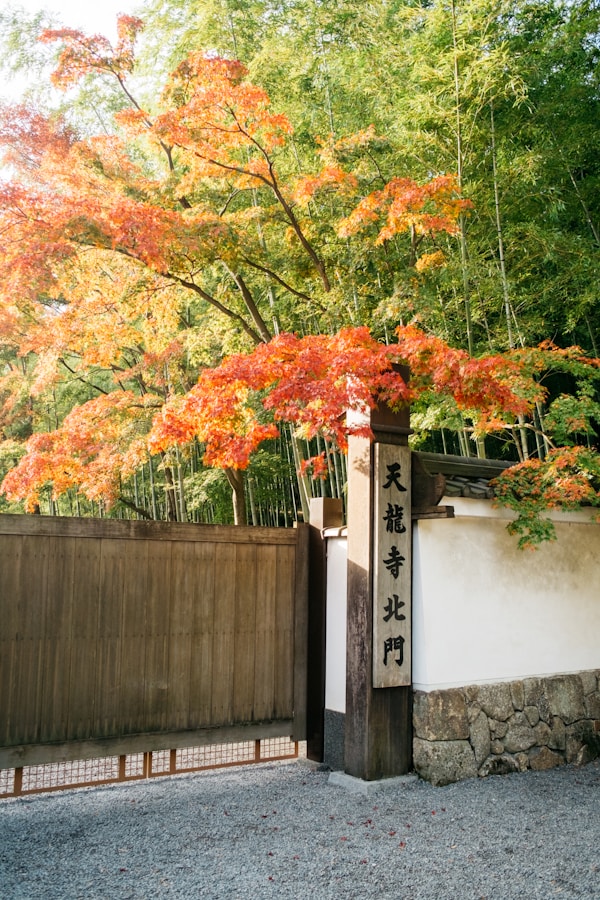.svg)
Decorating Your Akiya: Blending Tradition with Modern Style
.svg)
.svg)
.svg)

Japan’s akiya properties, or vacant homes, are often advertised as "free" or available for a nominal fee, which sounds like a dream come true for anyone looking to purchase a property. However, while these homes are often low-cost or free, the reality is that acquiring and maintaining these properties can come with a variety of hidden costs.


Japan’s akiya properties, or vacant homes, are often advertised as "free" or available for a nominal fee, which sounds like a dream come true for anyone looking to purchase a property. However, while these homes are often low-cost or free, the reality is that acquiring and maintaining these properties can come with a variety of hidden costs.

In this post, we’ll break down the true costs of acquiring an akiya, so you’re fully prepared for what lies ahead when considering purchasing a "free" property in Japan. With the help of Old Houses Japan, we can guide you through these expenses, ensuring that you make a sound investment.
The idea of akiya properties being free or extremely cheap stems from Japan’s struggle with an aging population, rural depopulation, and the increasing number of vacant homes. Many local governments and landowners are eager to offload these properties to prevent them from falling into further disrepair. In some cases, the local government may even offer financial incentives to attract buyers or investors to purchase these homes.
While these "free" properties can initially seem like an incredible bargain, it's essential to understand that there are several underlying costs and potential challenges involved in purchasing them.
One of the most significant hidden costs of acquiring a free akiya is the expense of renovating and restoring the property. Many of these homes have been abandoned for years, leading to deterioration. Structural issues, outdated plumbing and electrical systems, and damage from weather or pests are common problems in these homes.
Tip: Old Houses Japan can connect you with experienced professionals who specialize in renovating old Japanese homes. We can help you understand the costs involved and ensure that your restoration project is handled efficiently.
Even after the initial purchase and renovation of an akiya, ongoing maintenance costs can add up. Properties in rural areas, especially older homes, often require more frequent repairs and upkeep.
Tip: Old Houses Japan can help you assess the long-term maintenance needs of a property and guide you on how to budget for these expenses effectively.
Even though akiya properties may seem like a bargain upfront, it’s important to consider the taxes and insurance costs associated with owning a property in Japan.
Tip: Old Houses Japan can help you understand the tax implications of purchasing an akiya property and connect you with insurance providers who specialize in older homes to ensure you're adequately covered.
The process of acquiring an akiya property in Japan can involve complex legal steps, especially if the house is in an area where ownership is disputed or unclear.
Tip: Old Houses Japan works with a network of legal professionals who can help you navigate property ownership and resolve any legal complications, ensuring that your purchase is smooth and stress-free.
While akiya properties are often affordable, there’s also the potential for depreciation, especially if the home isn’t properly renovated or maintained. In some rural areas, the demand for homes may be so low that the property may continue to lose value over time, making it harder to sell in the future.
Tip: Old Houses Japan provides expert advice on how to select an akiya property with the best potential for long-term value. We can help you identify properties in areas where there is a growing interest and potential for appreciation.
While acquiring an akiya property in Japan might seem like an affordable way to own a home, the hidden costs can quickly add up. Renovation expenses, ongoing maintenance, property taxes, insurance, and legal complexities are just a few of the factors to consider when buying a akiya.
At Old Houses Japan, we’re here to help you make an informed decision and guide you through the process of purchasing and renovating your dream akiya. We’ll ensure you’re fully aware of the potential costs involved and help you budget accordingly, so you can make a sound investment that brings both value and joy.
Reach out to us today to start your search for the perfect akiya and begin your journey towards owning a unique piece of Japanese history!
Start your journey with Luxey today! Sign up for free and get instant access to the best property listings.



